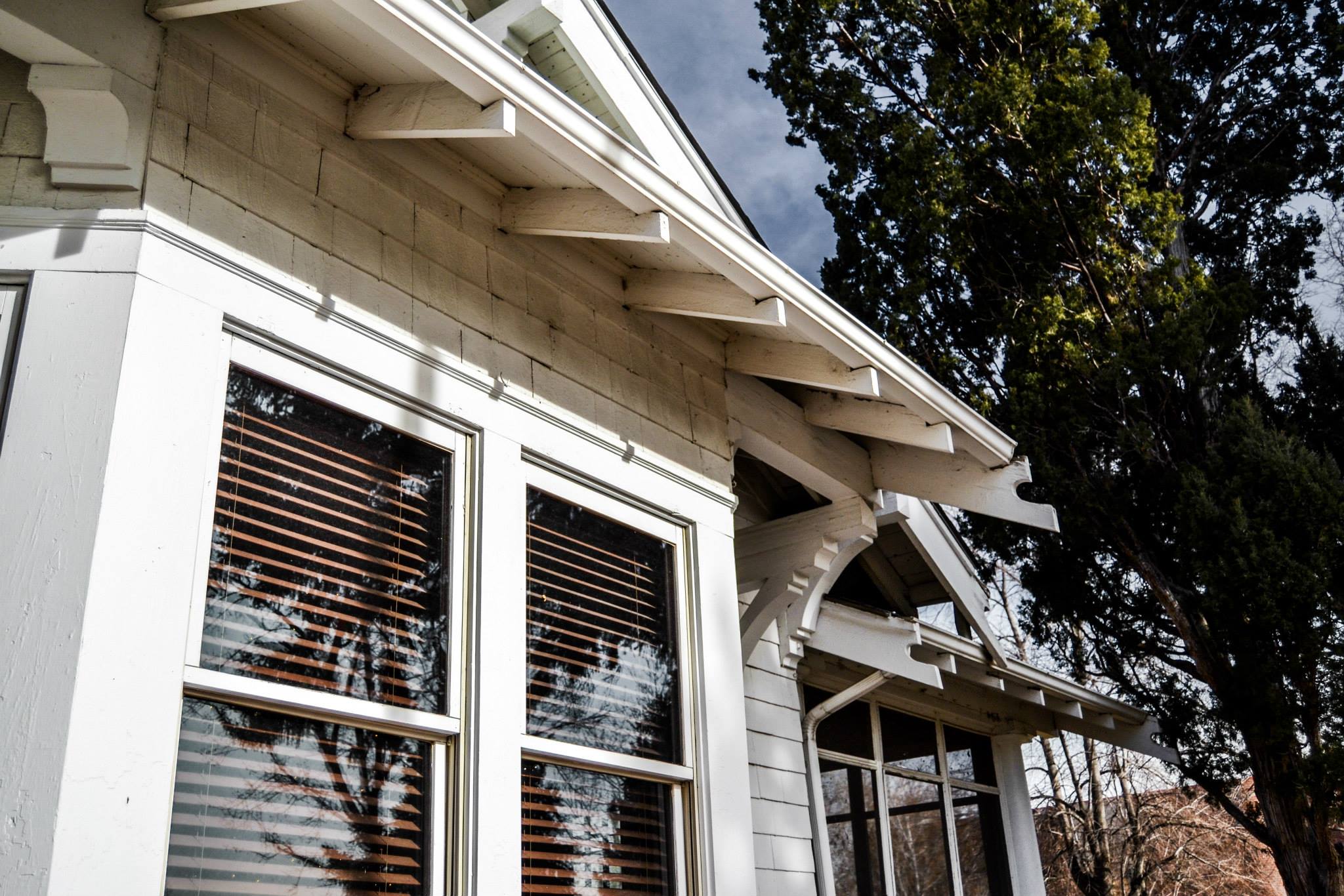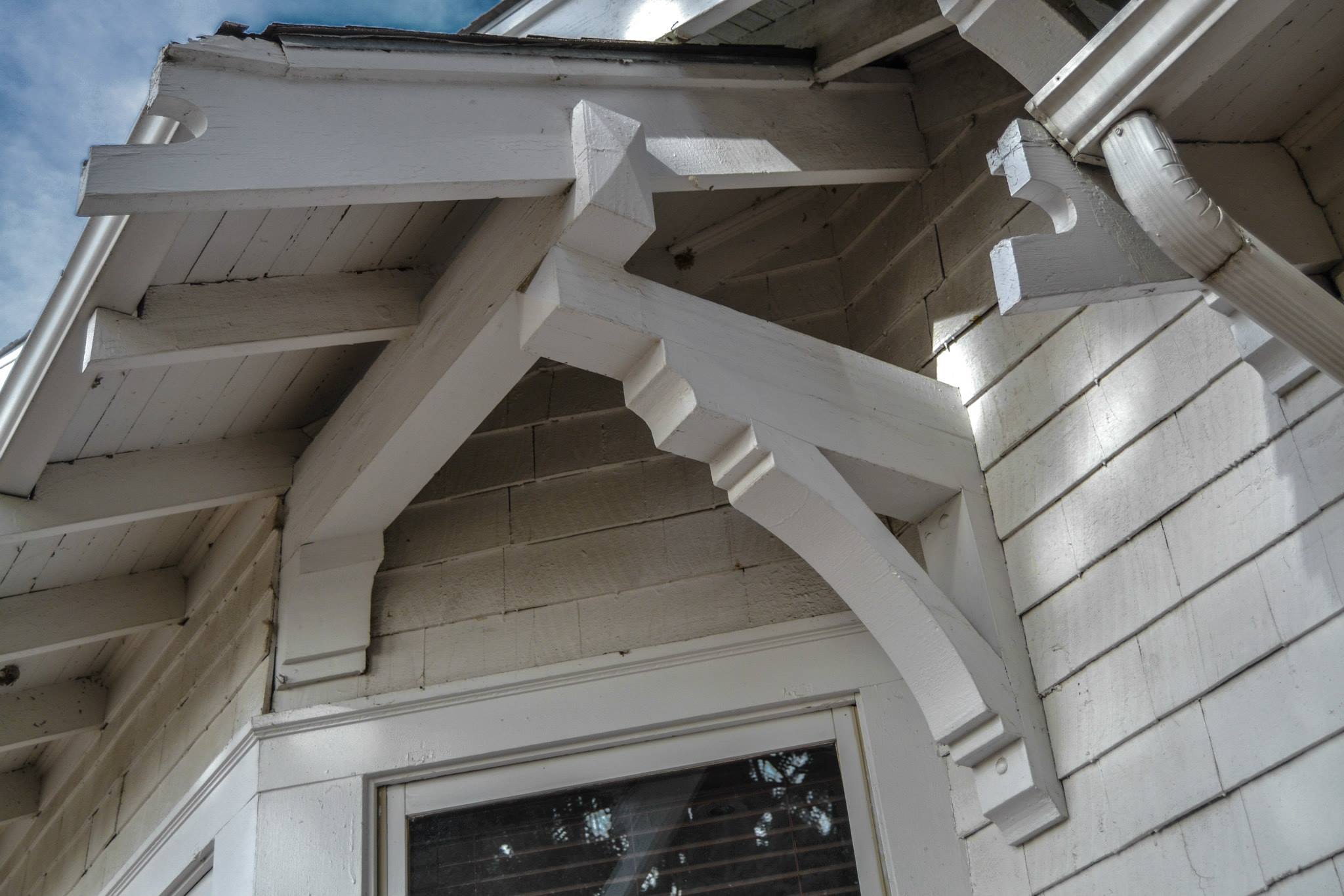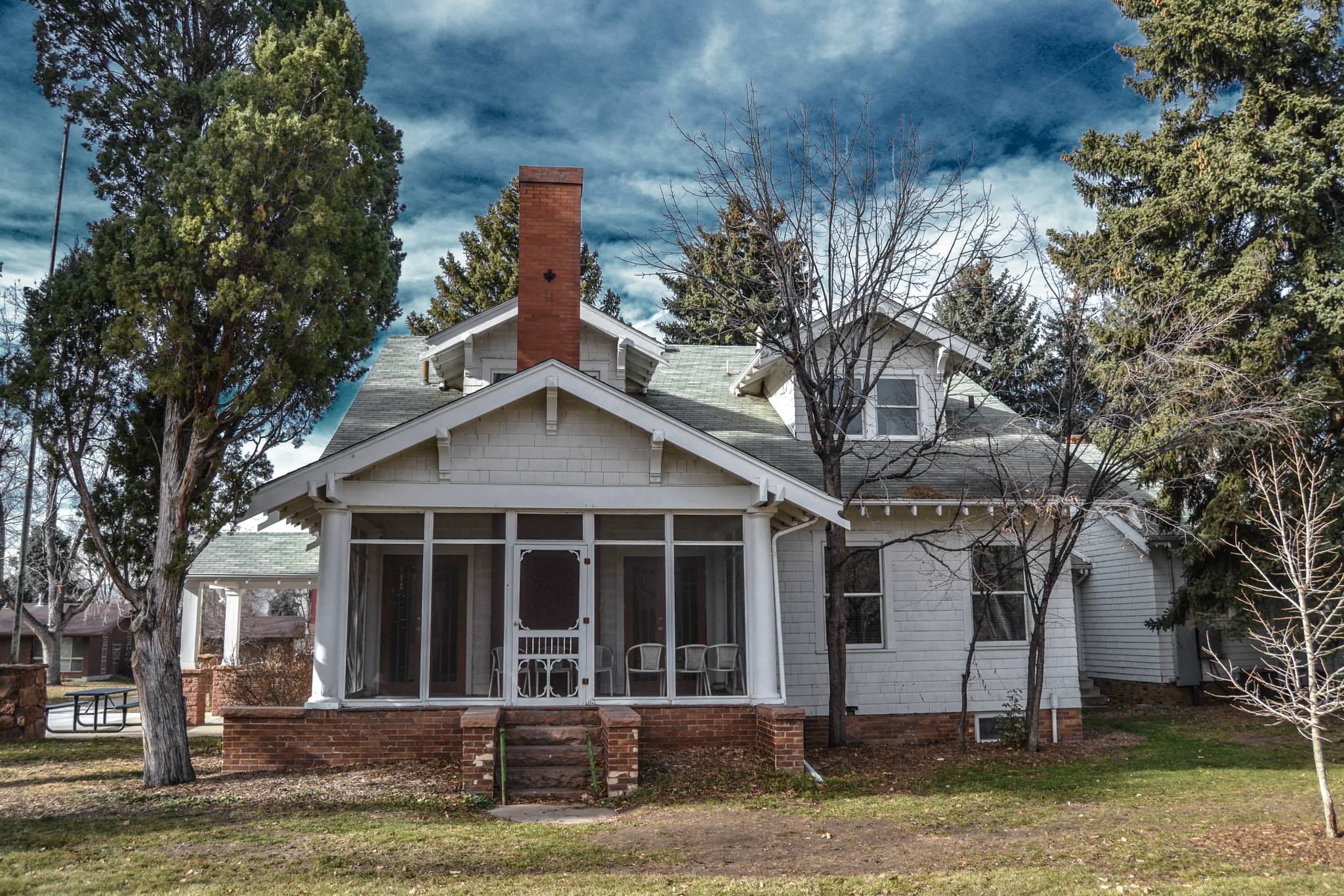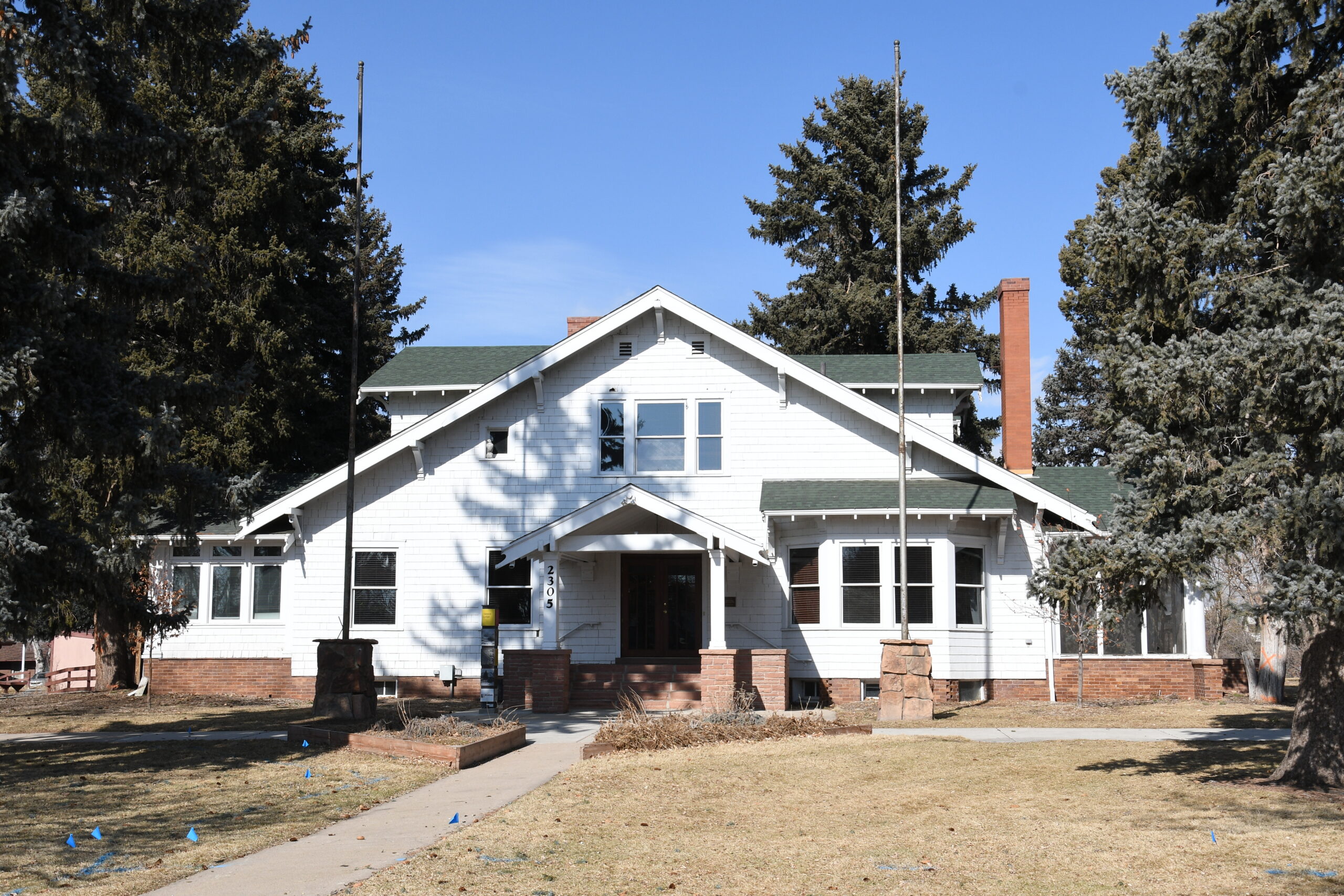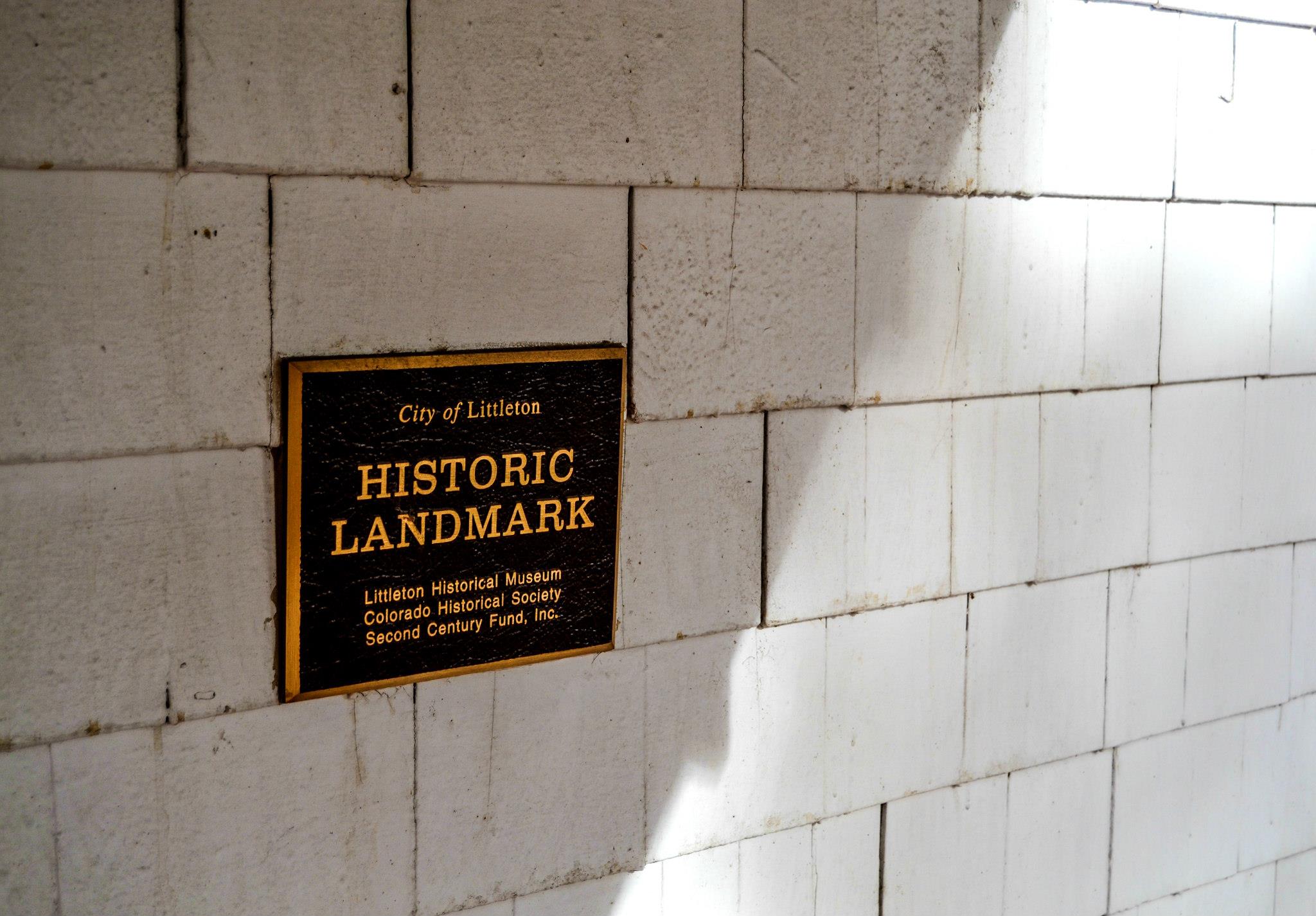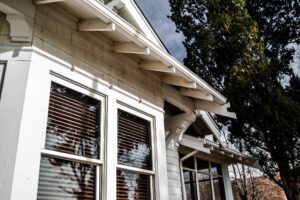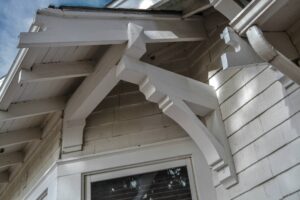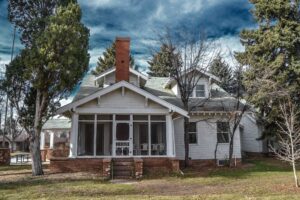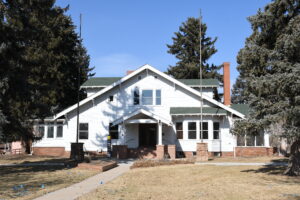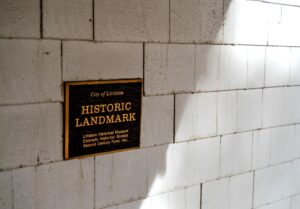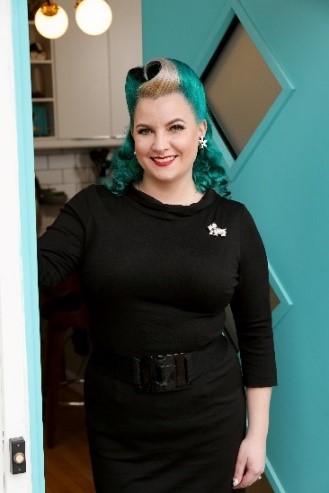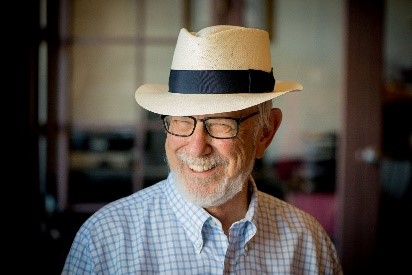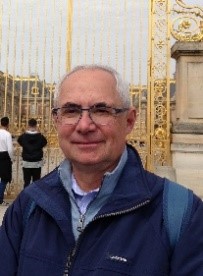The International Geneva Association, a fraternal and benevolent association, was founded in Geneva, Switzerland, in 1877. The association had grown to 22,000 members worldwide, with more than 3,000 members in the United States. In 1927, the International Geneva Association bought property in Littleton at 2305 W. Berry Ave. for a retreat and care facility for former hotel and restaurant employees. Frank Haberl, assistant manager of Denver’s Brown Palace Hotel, selected the Littleton site. The Geneva Lodge was the only care home established by the association in this country, although there were others throughout the world.
At the time of purchase, Mr. and Mrs. Stuart Sweet owned the property known as the Romoco Poultry Farm. It previously had been known as the Dowling Farm. The Sweets raised 2,000 laying hens and sold eggs. Stuart was an agricultural expert who had installed the first electrically heated incubator in Littleton in 1923. When the property was purchased by the Geneva Association, it included several large chicken houses and a lake.
In 1920, Stuart Sweet had constructed a large, one-and-a-half Craftsman style frame building with wood clapboard siding as the centerpiece to the farm. Overhanging eaves, a broad front gable roof, exposed rafter ends, purlins, braces, and verge boards that extend beyond the eaves are all the elements that give the building its Craftsman look. The side and front porches and dormers also have front gable roofs with similar details. The building retains its original geometric glazed windows and doors, a common feature in Craftsman architecture. In 1941, the Geneva Association added a large bay screened porch to the east side of the building as a perfect place for tuberculosis sufferers to recuperate.
Many of the retired hotel and restaurant men who came to live at The Geneva Lodge suffered from tuberculosis and other respiratory diseases for which Colorado’s dry, sunny climate was considered beneficial. An average of 10 to 15 indigent or single men resided at the lodge under the care of Matron Elizabeth Rees. Female hotel employees were not eligible to stay in the home. The matron supervised the cooking and cleaning, coordinated the medical care for guests, and ordered all the supplies necessary to run the facility. On some Saturday nights, local citizens visited the home to enjoy dinners prepared by the retired chefs who were staying there.
In 1941, rising demand for convalescent care for hotel and restaurant workers prompted the association to enlarge the house. Adding a new wing containing eight bedrooms and a semi-circular sunroom that overlooked the lake allowed the home to accommodate 20 guests.
Geneva Lake provided opportunities for rowing and fishing its stock of bass, perch, and bluegill. Guests who were able tended vegetable gardens and raised sheep, chickens, and ducks that contributed to the wholesome meals served at the home. By the 1950s, the discovery of drugs for effectively treating tuberculosis lessened the need for such a recuperative facility, and The Geneva Lodge began to function more as a retirement home for association members who needed nursing care.
In 1964, the Geneva Village complex of 28 apartment units was built on the grounds west of the original home. Architect Eugene Sternberg designed the apartments, which were intended for retired married members of the Geneva Association. By 1973, only three men remained in the lodge building and they were transferred to nearby Cherrelyn Manor nursing home.
The City of Littleton purchased this property from the Geneva Association in order to make space for the Littleton City Center. Unused, The Geneva Lodge fell into disrepair. When Littleton began formulating plans to demolish the home in 1995, Historic Littleton, Inc., worked with the City to stabilize the structure until a future use could be determined. The house was renovated in 1997 by architect David Fisher, who uncovered and restored the original maple hardwood floors. In addition, the home’s signature curving stairwell was restored to its original red shellac finish.
The City leased the property to Fisher Associates Architects for the next 20 years. The renovation was personally financed by Fisher Associates Architects and Engineers, with a loan secured by their home. It was a unique lease arrangement with the city where Fishers Associates bore the cost of renovation in exchange for lease credits for the 22 years of the lease. When the lease terminated in December 2020, Littleton started the process of remodeling the property for City offices. This includes managing overgrown trees and root systems and upgrading safety and security while maintaining the lodge’s historic look and features. The Historical Preservation Board is working with staff to secure grants, and they hope to begin work in 2022.
In 1998, The Geneva Lodge was designated a Littleton Historic Landmark. One year later, in 1999, this building was honored by being listed on the National Register of Historic Places.

